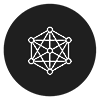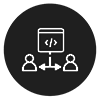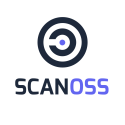The Eclipse IDE celebrated it's 20th anniversary last year. With such a long history of releases, numerous plug-ins & extensions and a huge developer community, it's still one of the most popular IDEs for developers working across multiple domains and languages. Eclipse is especially popular as a Java IDE and has been extended by plugins to support numerous other languages.
The Eclipse IDE is packed with loads of powerful features and capabilities and provides the developers a robust integrated environment for developing, running and debugging applications. With a version of IDE released every quarter, more and more new features and improvements are added that enable it’s users to be more productive in their day to day work.
More often than not the users are unaware of all the capabilities and hence are unable to take full advantage of them. The aim of the session is to highlight the powerful capabilities, share the valuable tips & tricks and enable developers to utilize the IDE to its full potential.
The session will also highlight the useful new and noteworthy features added in the releases in the past year and also the upcoming features in 4.25 release.




















